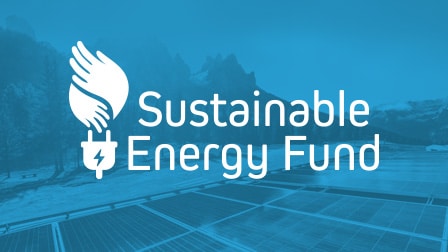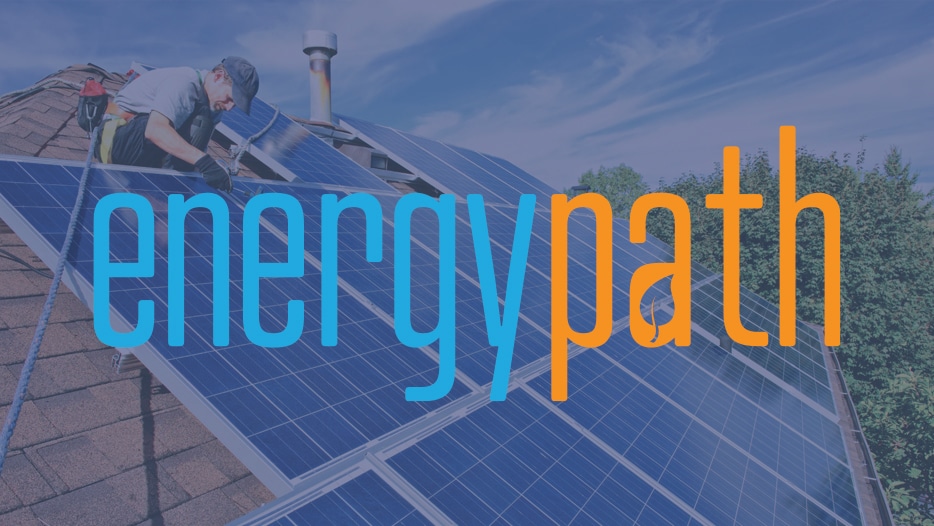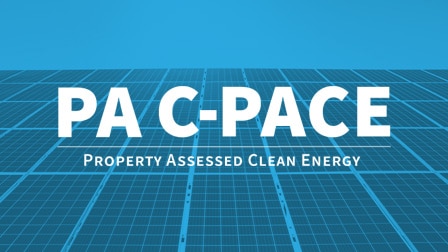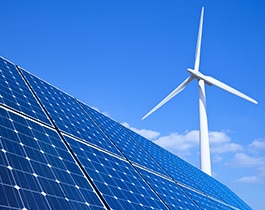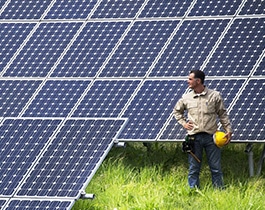Sustainable Energy Fund is pleased to announce the official dates for our 13th annual Energypath 2026, which...
» Read MoreSolar for Self-Sufficiency and Resiliency
There are many benefits that a building owner can receive from going solar beyond the immediate financial and environmental benefits. Going solar allows one to establish a significant amount of energy independence and resiliency from utility companies and power outages. According to estimates from EnergySage marketplace data, the average solar installation offsets offsets 92.5% of a property’s energy use. The amount of energy a building is able to offset will depend on its current energy consumption and the size of the array installed. Regardless, going solar will allow for much less dependence on a utility for electricity.
Self-sufficiency is relying on one’s self and not others for necessary resources. Energy self-sufficiency is being able to personally provide for all of one’s own energy demand. During certain times of the day, a building owner utilizing a solar array can be entirely energy self-sufficient. At times, their Solar PV system can even produce more energy than the building is consuming. During times when the system is not generating enough power to account for a building’s energy demands entirely, the building will continue to operate as usual so long as the building and solar array is connected to the grid. Thanks to net-metering, any excess power that is produced but not consumed by a solar system can be traded in by building owners for credits that will appear as savings on an electricity bill. Furthermore, a new building can even be designed to be NetZero, meaning the amount of energy residents consume is entirely offset by that which is produced by a solar array.
In addition to being able to generate one’s own power and establish self-sufficiency, installing a solar array with smart inverters and battery storage allows a building to be more resilient during grid shortages and outages. With extreme weather events becoming more common (winter storms, droughts, extreme heat, flooding, etc.), prolonged power outages could become a more prevalent issue. Installing a solar system with a battery backup system offers more resiliency during outages than a standard diesel generator can. Refueling a diesel generator may not be possible during an emergency and generators used only in cases of emergency may not be properly maintained while they are not in use.
With a solar PV system, so long as the sun is shining the battery can be refueled. As long as the system isn’t at the end of its lifetime and is tied to the grid and operating on a regular basis, it should be perfectly operational when called on in an emergency situation. While adding a battery to a solar array is a large investment, according to a study from the National Renewable Energy Laboratory, installing a solar array with battery storage and islanding capabilities (the ability to operate independent from the grid in cases of emergency) increases the cost-effectiveness of the system when losses incurred from outages are valued and taken into account.
Increasing self-sufficiency and acquiring resiliency during grid outages are just two more reasons to consider installing solar. Decreasing one’s reliance on utility companies means less susceptibility to rate increases and prolonged power outages.
If your business is interested in having a solar installation done, consider reaching out to Sustainable Energy Fund (SEF), a nonprofit committed to helping others overcome their financial barriers to a sustainable energy future. This is done in part by SEF’s commercial lending services. SEF has done work with multiple solar projects in the past and also has a list of Energy Service Providers that can help you decide if solar is right for your business. Loans from SEF offer competitive interest rates and no prepayment penalties. They are generally able to be structured so the repayments are less than the monthly payment, meaning a business can be cashflow positive from the very beginning of the project. If you’re ready to go solar and would like to explore your financing options, contact us here.
